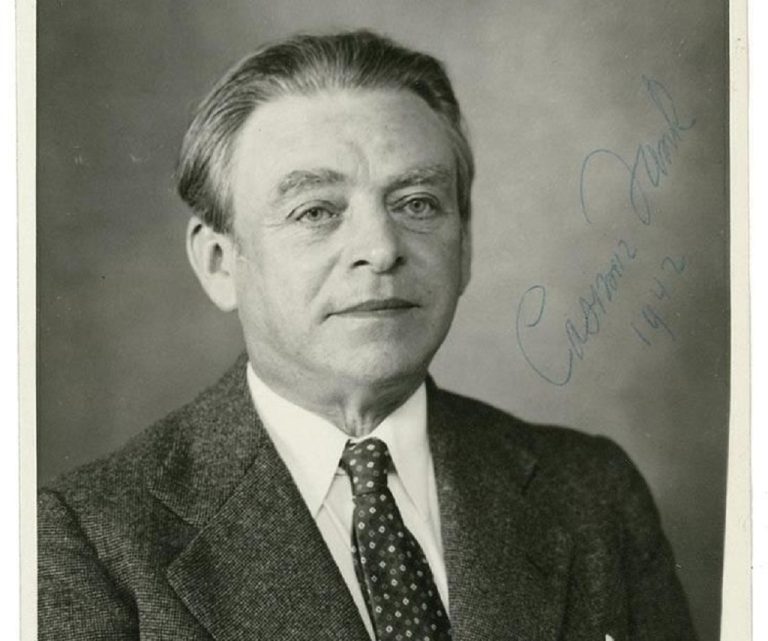Casimir Funk’s Biography, Nationality, Age, Properties, Weight, Height, Records, Lifestyle, and Hobbies

Biography
Born Kazimierz Funk in Warsaw in 1884, the son of a dermatologist, Funk’s early life was marked by intellectual curiosity and academic ambition. Despite challenges with accessing education under Russian rule, his thirst for knowledge led him to study organic chemistry at the University of Bern in Switzerland. There, his talent blossomed under the guidance of renowned scientist Emil Fischer. who recognized Funk’s potential and fueled his passion for research.
Life
Funk’s research initially focused on enzymes, then considered crucial to understanding life processes. While studying yeast, he stumbled upon a fascinating discovery: a substance apart from proteins and fats that seemed vital for yeast growth. This sparked a new direction in his research, leading him to explore similar substances in other organisms.
By 1912, Funk had identified several essential dietary factors crucial for preventing deficiency diseases like beriberi and pellagra. He named these factors “vitamines,” believing they contained nitrogen (amine) and were vital for life. Although later research disproved the nitrogen requirement, the term “vitamins” stuck, forever linking Funk to this groundbreaking discovery.
Nationality:
Polish (born in Warsaw, then part of the Russian Empire)
Years of Life:
1884 – 1967
Career Highlights:
- Early Research and Coining the Term “Vitamin”: While studying at the University of Geneva, Funk identified essential dietary factors necessary for preventing diseases like beriberi and pellagra. He named these factors “vitamines” (later shortened to “vitamins”) in 1912, a term that revolutionized our understanding of nutrition.
- Classification of B Vitamins: Funk’s research led him to further classify different types of vitamins. Also including the B vitamins, which were crucial for preventing various deficiencies.
- Continued Research and Advocacy: Throughout his career, Funk continued researching vitamins and their role in health. He advocated for the importance of proper nutrition and its impact on preventing diseases. Also paving the way for further advancements in nutritional science.
Records and Achievements:
- Considered the “father of vitamins” for his pioneering research and coining the term.
- Identified several B vitamins and their importance in preventing deficiency diseases.
- His work laid the foundation for further research in nutritional science and improved public health understanding.

